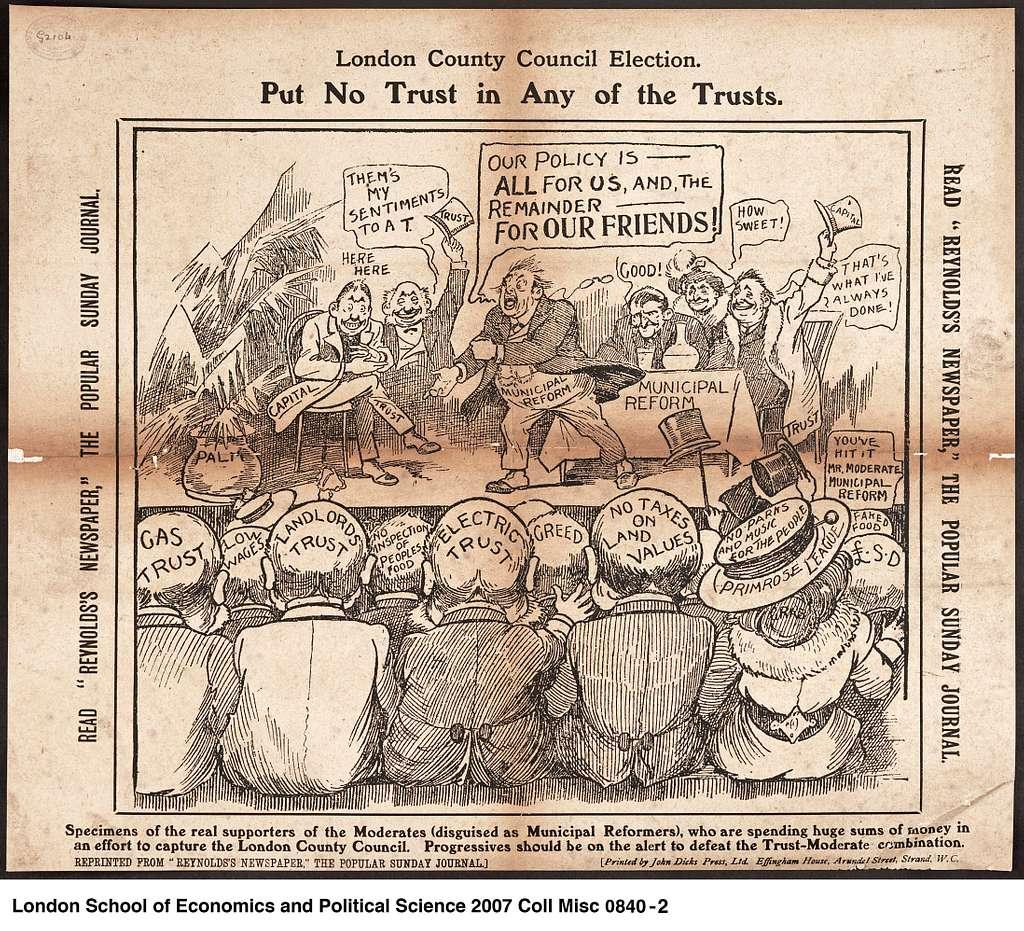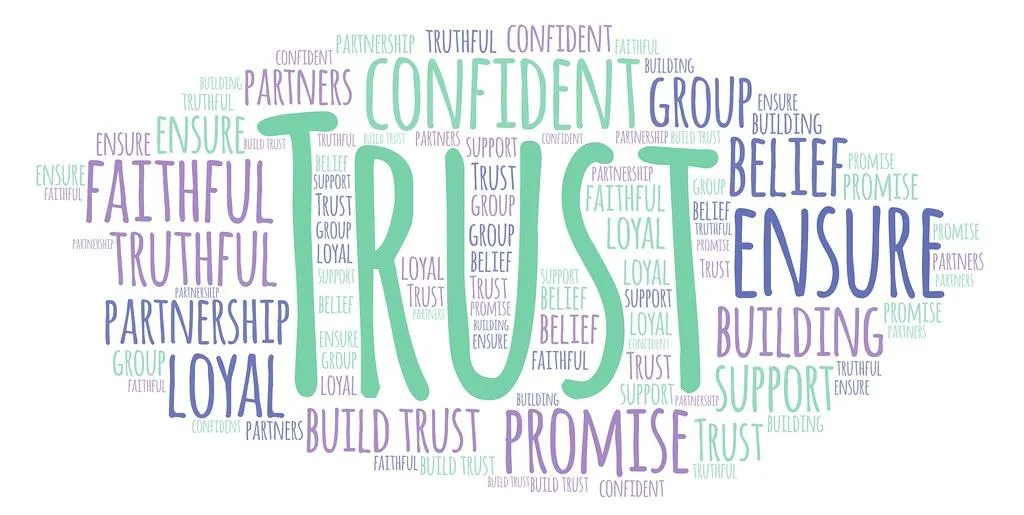When it comes to estate planning in the state of New York, many individuals find themselves torn between the decision of whether to rely on a trust or a will to distribute their assets after they pass. Both options have their benefits and drawbacks, but the question remains: is trust truly better than a will in New York? Let’s delve into the complexities of this age-old debate and see which option reigns supreme in the eyes of the law.
Exploring the Benefits of Trusts in New York
Trusts offer several advantages over wills in New York that make them a popular choice for estate planning. One main benefit is that trusts avoid the lengthy and public probate process that wills go through. This means that assets can be distributed to beneficiaries much quicker and without the same level of scrutiny. Additionally, trusts can help minimize estate taxes and protect assets from creditors.
Another advantage of trusts is that they provide greater control over how and when assets are distributed to beneficiaries. With a trust, you can specify conditions that must be met before beneficiaries receive their inheritance, such as reaching a certain age or achieving a particular milestone. This level of control can help protect beneficiaries from spending their inheritance irresponsibly. Overall, trusts are a powerful estate planning tool that can provide flexibility, privacy, and protection for your assets in New York.

The Limitations of Wills in Estate Planning
When it comes to estate planning in New York, many individuals are familiar with the concept of wills as a means of distributing their assets upon their passing. However, it is important to recognize the limitations that wills may have in certain situations. One of the main drawbacks of wills is that they must go through the probate process, which can be time-consuming and costly for beneficiaries. Additionally, wills are a matter of public record, meaning that the details of one’s estate distribution can be accessed by anyone.
On the other hand, trusts offer a more private and efficient alternative to wills in estate planning. Trusts do not go through probate, allowing for a quicker distribution of assets to beneficiaries. They also offer greater flexibility in terms of asset management, as the creator of the trust can specify how and when assets are to be distributed. Furthermore, trusts can provide added protection in case of incapacity, as they can designate a trustee to manage assets on behalf of the creator if they become unable to do so themselves.

Why Combining Trusts and Wills may be the Best Approach
Trusts and wills are both important estate planning tools, each with their advantages and limitations. However, combining trusts and wills may offer the best of both worlds for residents of New York. By utilizing both instruments, individuals can ensure that their assets are protected and distributed according to their wishes.
One benefit of combining trusts and wills is the ability to avoid probate for certain assets while still maintaining the flexibility of a will. Trusts can help to streamline the distribution process and provide privacy for your estate. Additionally, trusts can offer protection from creditors and ensure that your assets are managed according to your specific instructions. By incorporating both trusts and wills into your estate plan, you can create a comprehensive strategy that addresses all aspects of your legacy planning needs.

Important Considerations When Choosing Between Trusts and Wills in NY
When deciding between trusts and wills in New York, there are several important factors to consider. First, trusts offer privacy and avoid probate, which can be lengthy and costly. By establishing a trust, assets can be distributed to beneficiaries without the court’s involvement, keeping financial affairs private and saving time and money. Additionally, trusts provide flexibility in how assets are managed and distributed, allowing for specific instructions to be followed.
On the other hand, wills are typically simpler and less expensive to create than trusts. They allow individuals to designate beneficiaries for their assets and appoint guardians for minor children. However, wills must go through probate, which can lead to delays and additional expenses. It’s important to weigh the benefits and drawbacks of each option based on your individual circumstances and goals.
To Conclude
In conclusion, the decision of whether to use a trust or a will in New York ultimately depends on your individual circumstances and objectives. While trust may offer certain benefits such as privacy and avoiding probate, a will may be more straightforward and cost-effective for some individuals. It is advisable to consult with a legal professional to discuss your options and determine the best course of action for your estate planning needs. Whatever you decide, the key is to ensure that your wishes are clearly outlined and legally binding to provide peace of mind for you and your loved ones in the future.






